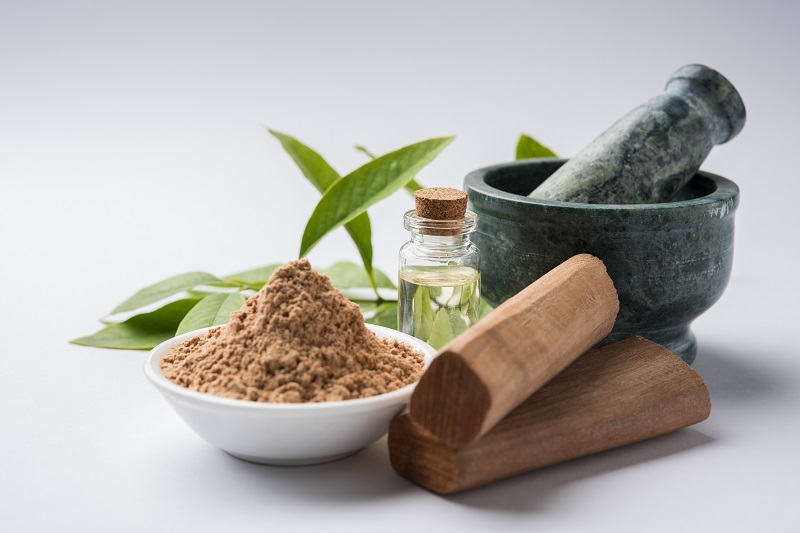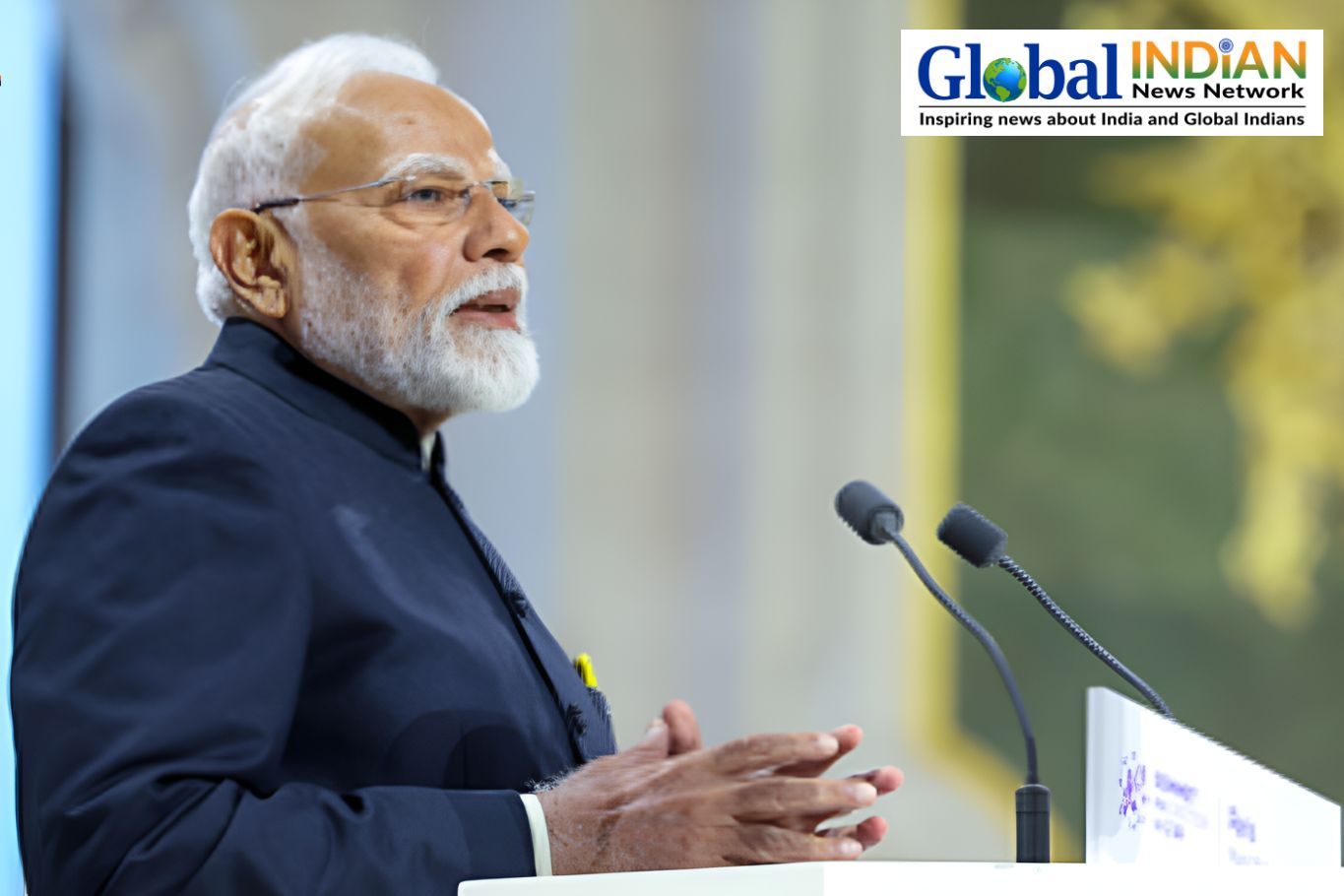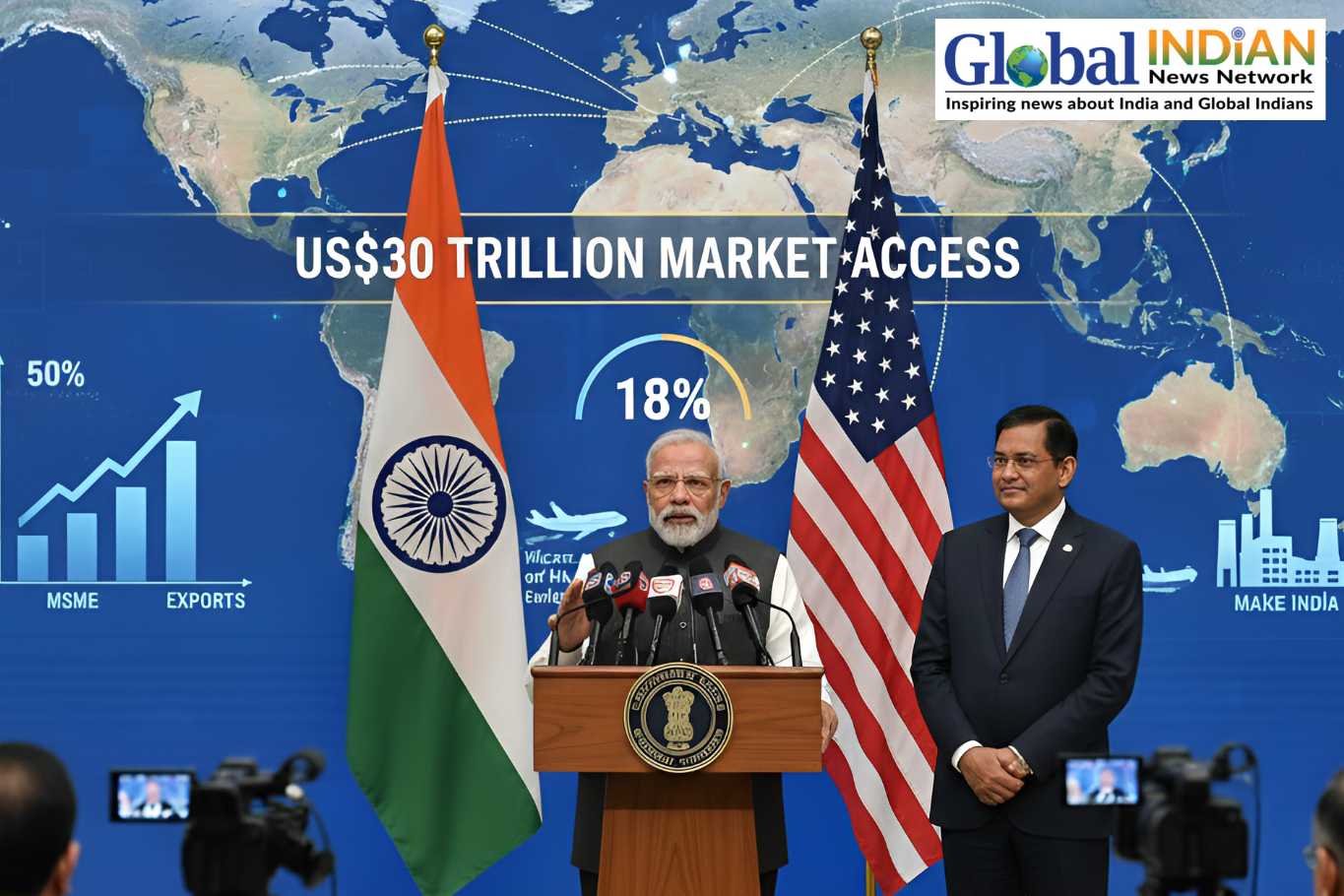
The “Ayush Sector in India: Prospects and Challenges” report from the Forum on Indian Traditional Medicine (FITM) reveals that the Ayush industry was valued at $18.1 billion for 2020-21. This impressive growth can be attributed to government-driven initiatives aimed at boosting international collaboration and expanding Ayurveda product exports. One such initiative is the “Central Sector Scheme for Promotion of International Cooperation in AYUSH,” which encourages Ayurveda manufacturers and institutions to engage in global trade fairs while also assisting in the registration of AYUSH products with international regulatory authorities.
Moreover, the Ministry of Ayush is enhancing the sector’s competitiveness with various quality certifications. For example, the WHO’s Certification of Pharmaceutical Products (CoPP) and the AYUSH Premium mark from the Quality Council of India add credibility to Ayurveda products in international markets. These certifications ensure that the products meet high standards, boosting their appeal abroad.
To further support the sector’s expansion, the Ministry of Ayush has launched programs like the Ayush Oushadhi Gunvatta Evam Uttpadan Samvardhan Yojana (AOGUSY). This scheme focuses on upgrading pharmacies, drug testing labs, and improving pharmacovigilance practices, alongside strengthening regulatory frameworks. Additionally, the creation of the Pharmacopoeia Commission for Indian Medicine & Homoeopathy (PCIM&H) ensures compliance with the set quality standards for ASU&H drugs.
The formation of the Ayush Export Promotion Council (AYUSHEXCIL) is another pivotal move. This body aims to boost exports, resolve trade challenges, and offer capacity-building initiatives for those involved in the Ayush sector. Through these combined efforts, the Ayurveda product market is poised to achieve greater growth and recognition on the global stage, all while maintaining top-tier quality standards.









